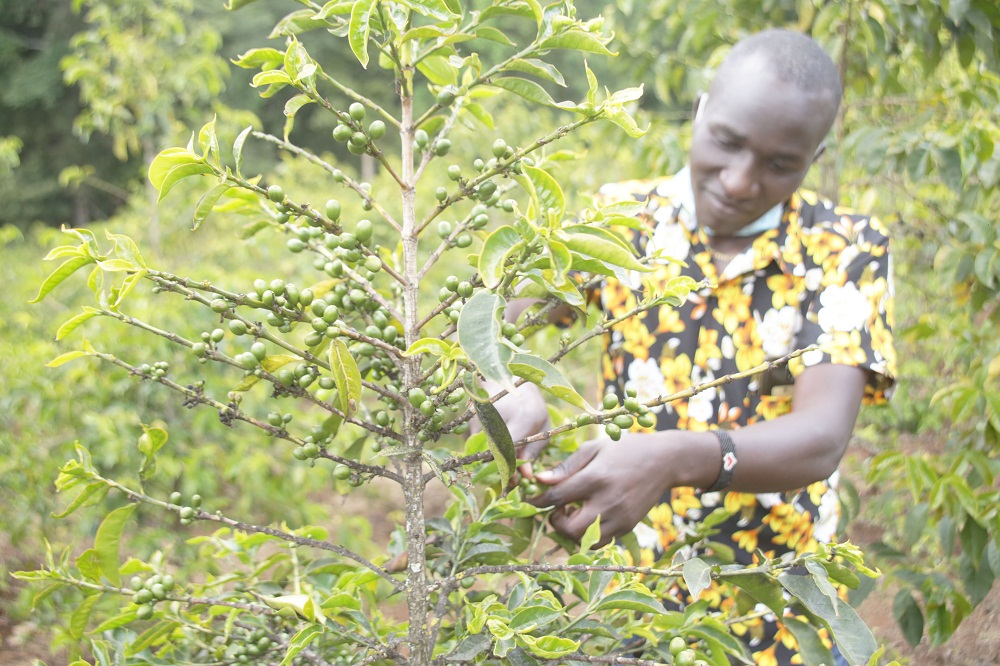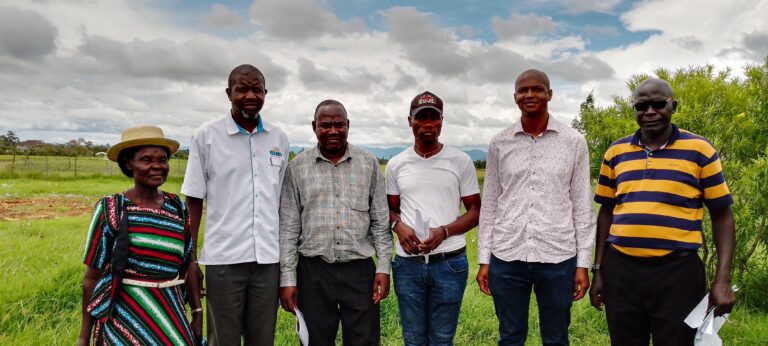By David Kipkorir
Kenya’s cash crop farming has lost its glamour as farmers decry dwindling fortunes, abandoning it for other alternatives.
The beleaguered farmer is losing hope in the crops they depended on for their survival.
Many farmers in the country have been uprooting coffee trees, complaining of hard economic times they have faced in the recent times.
In Kiambu County for instance, farmers who have felt neglected by the Government have opted to venture into alternative crops or turning land into real estate.
Numerous efforts have been made to revive the coffee farming, but the sector has proved to be hard hit by the adverse economic effects.
Government regimes even in the past have been promising to empower farmers but they have instead left them in limbo.
The current government in similar efforts last year established a Sh3 billion Cherry Advance Revolving Fund, to cushion farmers from delayed payments.
Through the kitty, farmers would access the funds at an interest of 3 per cent per annum starting July this year.
But wrangles, lack of political will and Cooperatives’ reluctance to take the lead in pushing through the loan uptake have almost stalled the fund which is now in limbo.
The fund made available to coffee farmers and intended to offer them with cheap loans as a mitigation strategy for late bonus payments started in a very key with low loan uptake.
Agriculture Cabinet Secretary Peter Munya recently said that institutional infighting, lack of political will and cooperatives’ intransigence have converged to block the reforms, which could have seen farmers get millions of shillings in benefits.
This has prompted the CS to threaten cooperative officials in the sector with dire consequences if they fail to register qualified farmers for the loan urgently.
Munya warned that he will disband coffee management committees for refusing to accredit their members for the Cherry Fund.
He then gave them 14 days to register qualified farmers who are interested on borrowing from the revolving fund.
He said most of the coffee management committees are resisting the cherry fund so as to continue exploiting the farmers by going for loans with higher interest rates.
Munya decried the low uptake of the cherry fund, blaming the low levels of sensitization of farmers by cooperatives.
“A farmer is only charged 3 per cent of the money loaned which is calculated at Sh20 per every kilo delivered or up to 40 percent of the total coffee delivered,” he told farmers.
He said he had already instructed the commissioner of cooperatives to follow up on the matter and take appropriate action on errant committees which have continued to frustrate their members.
“Requisite forms have already been distributed to the farmers to capture their details, which should then be returned to the N-KPCU that is in charge of disbursement of the Cherry Fund,” said Munya.
According to the New Kenya Planters Cooperative Union (N-KPCU), out of the Sh3 billion cherry fund availed to farmers in 2020, a measly Sh200 million has so far been disbursed.
The kitty is expected to benefit at least 30,000 farmers according to the Agriculture Ministry.
The CS has also blamed ‘an alliance of saboteurs including politicians and the media’ for the low uptake of the loans.
On the coffee bill, which seeks to introduce far reaching reforms in the sector, Munya said that the transformation is meant to boost farmer’s earnings.
However, farmers and cooperative societies contacted are blaming the method of disbursement, saying it should be channeled through societies.
“As it is now, the fund does not give society managers the morale to market it,” they said.
A coffee cooperative is a group of coffee producers cooperating to gain better access to resources, leverage better marketing and business opportunities, provide training and more.
By banding together in cooperatives, farmers are able to establish relationships with buyers.
A new seven member Board of Directors to manage the N-KPCU and the fund has already been established.
However, a section of coffee farmers are crying foul claiming that already Sh250 million from the kitty has been used as logistic for creating the new N-KPCU board.
The seven member board includes Simeon Thuranira, Viola Mukami, Joyce Muthoni Wangari, Sebastian Maina, Antony Nzau, Michael Mwirigi and Josephine Kemunto.
The board is chaired by Henry Kinyua whereas Angela Ndambuki is the acting Chief Executive Officer.
A farmer from Meru County said coffee is a product that is still in great demand and that if they get the capacity to organize themselves with self-determination to market their coffee; N-KPCU could be the model of the future. It would be one that is highly beneficial to producers.
Whether coffee farming will rise above the difficulties it faced to regain its lost glory remains to be seen. There is, however, a glimpse of hope with the soaring market prices.



